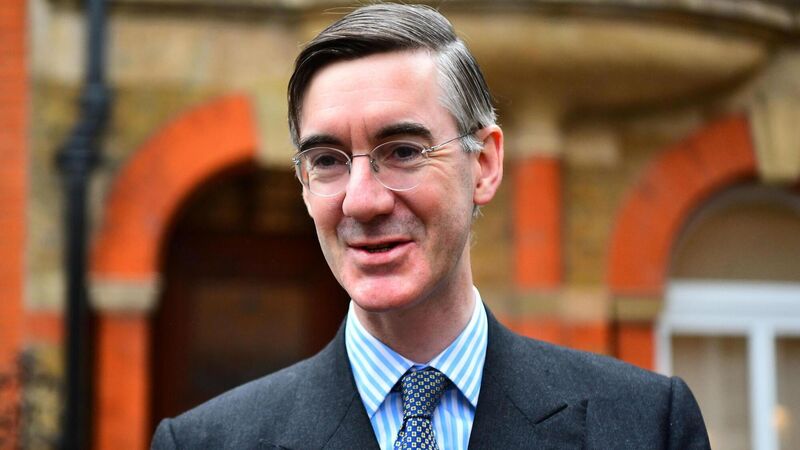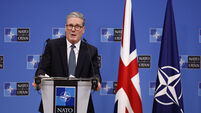Irish Examiner View: Beware of Jacob Rees-Moggs bearing gifts

British minister for Brexit opportunities and government efficiency Jacob Rees-Mogg. Picture: Victoria Jones/PA Wire
On the face of it, it is possible to give two cheers for the potential abandonment of the introduction of routine post-Brexit border inspections on food entering Britain from the EU.
But in dealing with the current administration, we must always bear in mind an expression which has been around since the days of Virgil: “Timeo Danaos et dona ferentes”, Fear the Greeks, even when they bear gifts.
















